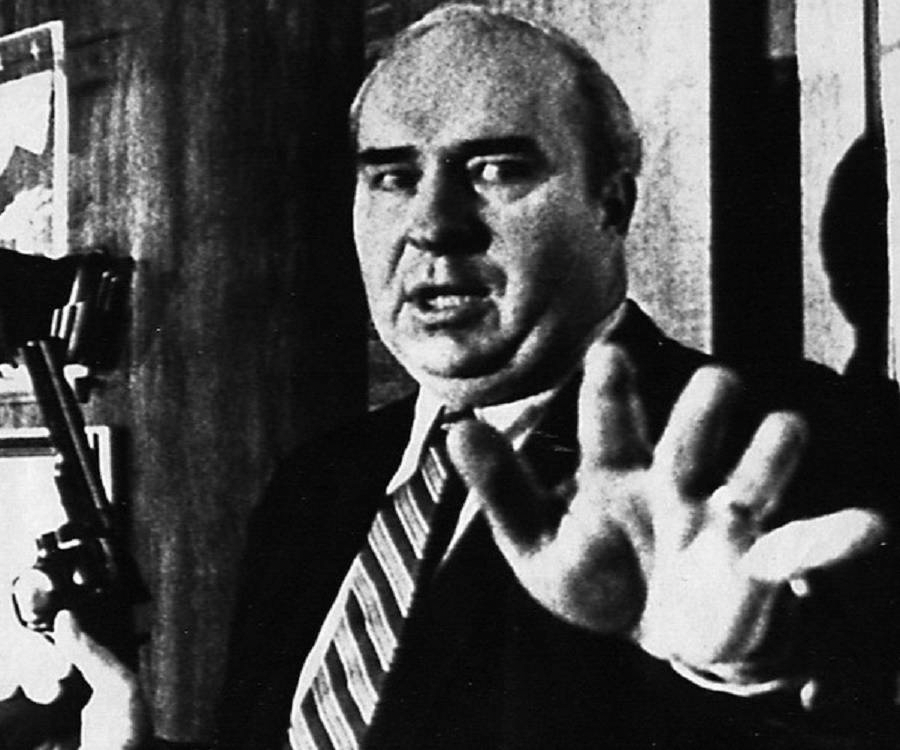

deleted by creator


deleted by creator


Answer on a postcard



Conspiration should totally be a thing. “Omg, your 30,000 word Grassy Knoll post was conspirational!”, “Just the conspiration I need while I drink my defluoridated coffee and put on my tin foil hat to not go to work every morning!”
I’m saying this goes further!
Actually I feel kind of irked that this reply seems to just miss the part at the end of the paragraph that says “it is, literally, indistinguishable from who they are”
It’s true though. They’re not nazis. They’re incapable of being fired by any fundamentally political or spiritual ideals, no matter how ultimately black and nihilistic, at all. Even if these people were full-throated card-carrying members of the American Nazi party marching through Times Square with a swastika flag throwing out copies of Der Sturmer from a Panzer tank they wouldn’t be nazis. The fact is that they’re just the purest distillation of 20th-21st century media culture yet: they’re so utterly saturated in media that the only choice they’ve made, the only choice available to them, was whether to lean into the goodie or the baddie vibe, and they plumped for “baddie” because it suited their contrarian aesthetic and then, without even leaving a ripple on the surface, they slipped into the role and inhabited it so thoroughly that it is, literally, indistinguishable from who they are.
These people are nothing less, and 100% nothing more, than your childish glee at getting to play the villain in an RPG.


I’d say “what the fuck was a 30 year old man doing on a sugar daddy site” but you answered it pretty aptly


I want to add William H. Tucker’s posthumous “The Bell Curve in Perspective”, which came out I think right at the end of last year. It’s a short, thorough, assessment both of the history of The Bell Curve book itself and what has happened since.
Even the first chapter is just mindblowingly terse in brutally unpacking how (a) it was written by racists, (b) for racist ends, © Murray lied and lied afterwards in pretending that ‘only a tiny part of the book was about race’ or whatever


It’s from Maps of Meaning, per the caption, so no this is from his original theory of everything.
Nonetheless, to be perfectly honest, I honestly can’t complain that he put something weird like that in the book as such. What, after all, is actually wrong with it, assuming a certain amount of charity about context relevance? That it’s gross to recount weird sexually charged dreams you had about your grandmother?
For a psychologist in the tradition of Jung, and therefore to a great extent Freud, such material might actually be quite useful! Amongst the worst things therapy culture - and perhaps the whole ideology of post-Freud psychology/iatry/therapy - does is to rehabilitate prudishness about what it is and is not acceptable to talk about in our psychic lives, when liberation from those oppressive norms is precisely the best achievement of those aspects of Freud which remain uncontroversial (not to mention those which are only controversial for bad reasons).
You know the whole thing: “we don’t talk about that wanting to have sex with your mother stuff”, well why on Earth not? Amongst the most obvious things in the world is that people are incredibly weird and complex. Why cave in to propriety and ignore it?
Lots of people have experiences like this, and therefore by definition it’s important to discuss them - non-pathologically - if you want to understand (and improve) people’s psychic life.
Sometimes. But more importantly a good literature prof will be highly responsive to ongoing changes in the world around them with respect to the selection of texts, texts themselves will develop new resonances as times change (consider how Richardson’s Pamela; or, Virtue Rewarded might have changed before and after MeToo), and as critics generate new literature of their own, new perspectives have to be considered. These points, it turns out, all circulate around what you said here:
This isn’t really true. At the most basic level of analysis (which isn’t strictly correct, but will do for now), there are never less than two components, and one of them does change as time passes. (1) The words themselves, usually printed on a page without much variation between copies, and (2) the reader of those words. This “reader” is a hugely complicated object, and the text itself doesn’t really exist in any meaningful sense without one (dried ink letters are not “language” as such, but at most a record of information which generates language upon activation by a mind). It is this “reader” (or the huge variety of “readers” who continue to come in and out of existence as time passes) who generates changes that have to be kept up with in the study of literature, but that reader is a vital object of study in the (very roughly speaking) twofold object of literary studies.
Even the idea of an unchanging but growing corpus disguises, and yet relies on, this twofold division. The maintenance of such a corpus relies on the maintenance of a tradition of readers entrusted with the assumptions and techniques of interpretation pertinent to the ideals of that tradition. What is often foregrounded here is the maintained tradition, external to individual readers, but it is those individual readers who, collectively, actually do the work of keeping it.
The job of an up-to-date literature course is to attempt to account for such changes over the span of a three month term/semester, and it’s the consequent process of selection and refinement that generates the work which is being suspiciously handed off to a scammy robot in the article.